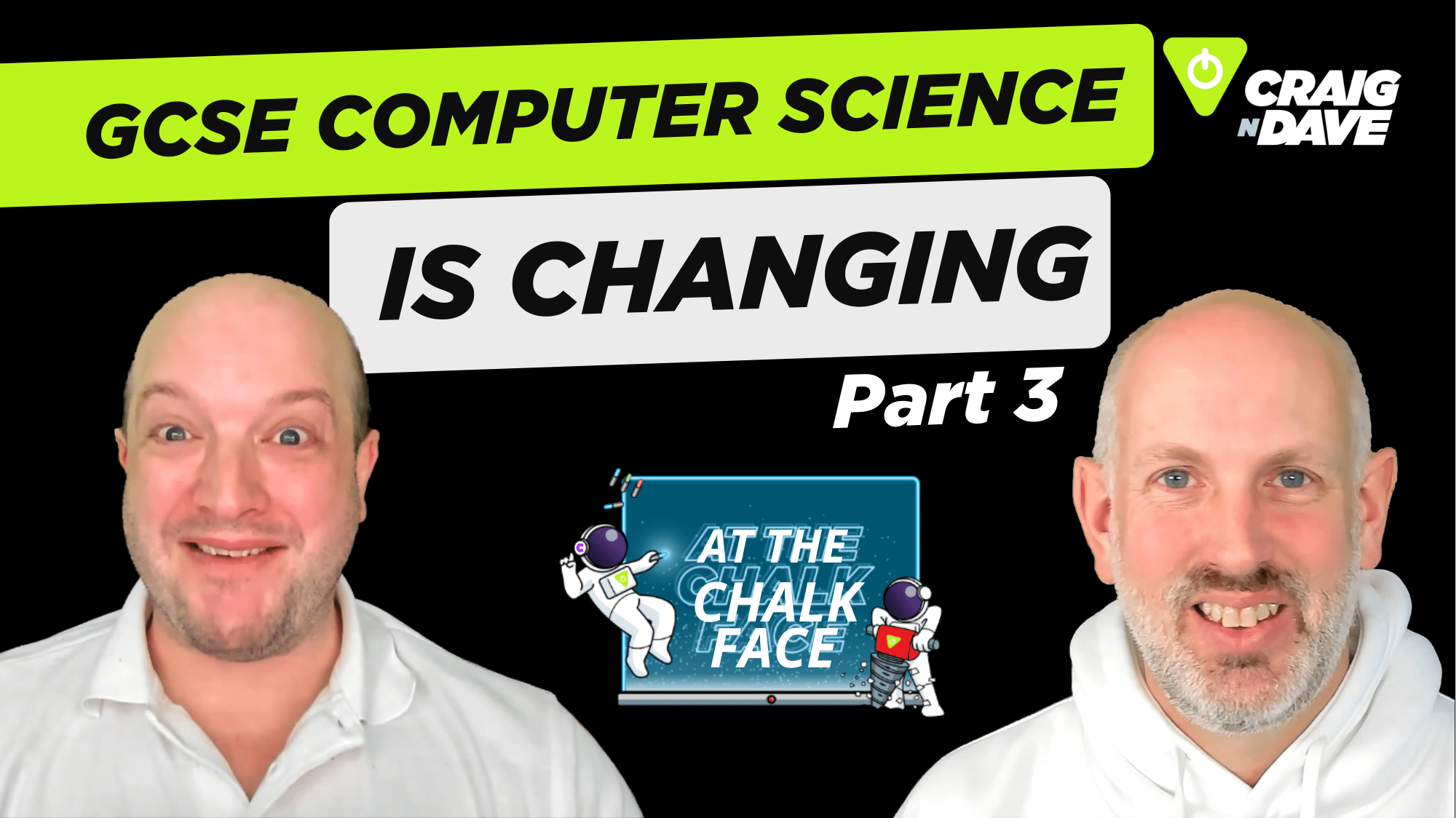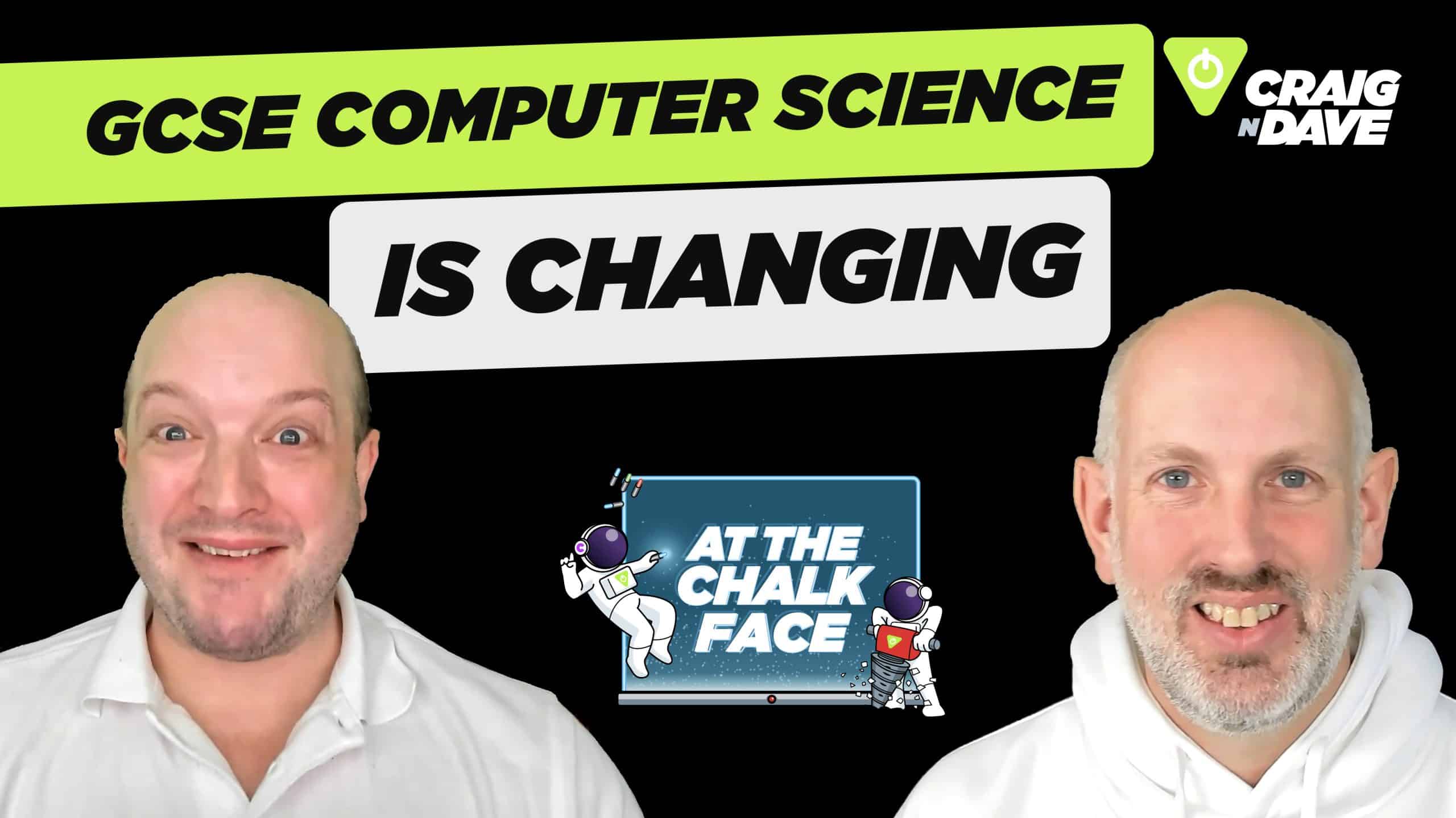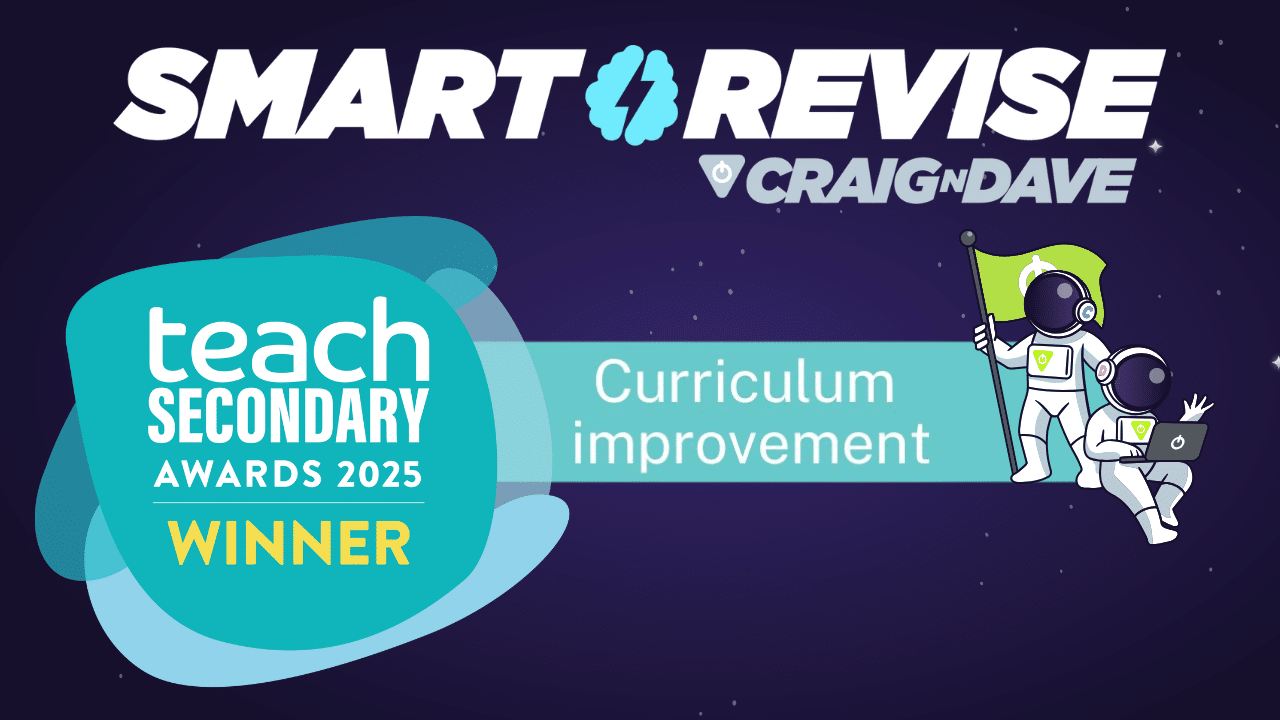
9 September 2025
As the 2025 GCSE results land in students’ hands, the data paints a picture of a system still adjusting to post-pandemic norms, evolving grading standards, and shifting student interests. While the sciences continue to shine and core subjects like English and Maths remain challenging, one subject stands out for its complex narrative: Computer Science.
The big picture: science Soars, core subjects struggle
This year’s results reaffirm the dominance of the sciences. Chemistry leads with 91.5% of students achieving grade 4 or above and 46.1% reaching grade 7+, closely followed by Physics and Biology. These subjects continue to attract high-performing students and deliver strong outcomes.
In contrast, English Language and Maths—the bedrock of the GCSE curriculum—remain among the most difficult for students:
- English Language: Only 59.7% of students achieved a grade 4 or above, and just 15.5% reached grade 7+.
- Maths: Slightly better, with 58.2% passing and 16.5% achieving top grades.
These figures highlight persistent challenges, raising questions about whether the curriculum really is fit for purpose, teaching strategies, and student support.
Computer Science: A subject misunderstood
Computer Science tells a more nuanced story. On the surface, its results appear modest compared to other subjects:
- 69.2% of students achieved a grade 4 or above.
- 29.6% reached grade 7+.
While these figures are below the average for many traditionally high-performing subjects, they represent a continued improvement from previous years. In 2024, following Ofqual’s decision to adjust grading standards at grades 9, 7, and 4, Computer Science saw a significant uplift—top grades rose to 28.3% and pass rates to 68.3%, both up nearly four percentage points from 2023. These gains have been sustained into 2025.
However, the perception of Computer Science as a “hard” subject persists. When students and parents compare grade distributions across subjects, Computer Science can appear more punishing—despite its growing relevance and improved outcomes. This perception risks discouraging students from choosing it at GCSE level.
Is Computer Science in decline?
Anecdotal reports from teachers suggest that interest in Computer Science is waning. Some schools are evaluating their outcomes, the difficulty in recruiting teachers and concluding that it is no longer worth offering a GCSE. Entries for the subject have been steadily rising over the last few years, but in 2025 four thousand entries have been lost and we are back to the 2023 figures, leading some to ask whether this is the beginning of a sharper decline.
Set against a backdrop Computer science graduates struggling to secure their first jobs (https://www.bbc.co.uk/news/articles/cm21dvg8l1go), the challenge is now to ensure the subject remains attractive and relevant to both potential teachers and students. Computer Science is improving in terms of outcomes – yet unless the grading profile becomes more competitive with other subjects, it may continue to be seen as a risky choice by students aiming for top grades.
Conclusion: A call for balance
The 2025 GCSE results reveal a system still finding its balance. While the sciences thrive and core subjects struggle, Computer Science stands at a crossroads.
To ensure its continued success, we must celebrate its progress, support its teachers, and ensure that grading standards reflect both fairness and the subject’s unique challenges. Only then can we secure its place as a cornerstone of 21st-century education.
For more insights and to get the full story and watch our podcast on our YouTube channel At the chalk face.












